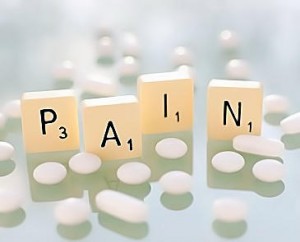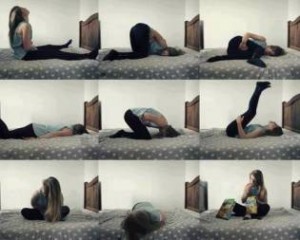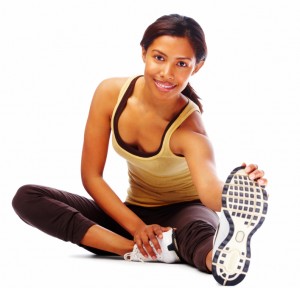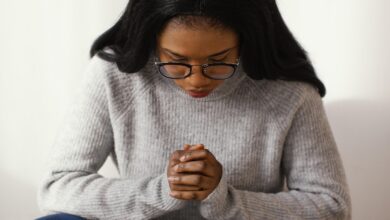10 Ways to cope with Menstrual Pains

Most women are pleasant people till they get a monthly visitor that takes away all the joy. Two days during their cycle are spent curled up in pain or semi-high on pain meds. Yes periods are normal and healthy but they do not always have to be painful. Here are a few tips on how to cope during this unpleasant time:
Take anti-inflammatory medication such as ibriphen, Advril, naproxen and ketoprofen: These are available to buy over the counter and are effective with pain reduction. However they work better when taken before your cycle starts then you can continue to take them for as long as the pain continues. Always follow instruction of how to take them and never take more than the necessary dose.


Some doctors may recommend a contraceptive pill which will help regulate your cycle and manage the pain. Some birth control pills contain hormones which prevent ovulation and reduce pain.
Lay a heating pad or hot water bottle over the pelvic area. This will help the pelvic muscles relax and ease the discomfort.

Lie in different positions: Lying on your side with your knees tucked into your chest may reduce discomfort. Some lie face down on the bed with their face on a pillow, stick their butt in the air to release gas. Lastly, also try lying on your back with your feet elevated with pillows.
Massage the lower back and abdomen to keep it warm and create blood circulation.
Exercise a few days before the start of your cycle has been helpful to some women.
Try acupuncture: Acupuncture is a Chinese tradition that has been used as a method for over 2 000 years. Needles are specifically placed into your skin on particular places on your body and may help you relax.


Stick to a healthy diet: This includes plenty of fresh fruit and veggies and lots of water. Fibre is good for getting rid of excess estrogens. Also avoid greasy foods and pay attention to how certain foods affect you.
Take supplements: Vitamins such as Thiamine, Vitamin E and Omega-3 may help reduce menstrual pains. Other vitamins include Zinc and calcium may help with bloating and other symptoms of PMS.
Regular health check-ups: women with adenomyosis and endometriosis can have increased menstrual pains than other women .Having uterine fibroids can worsen menstrual cramping too. See your doctor on a regular basis to check if you don’t have any of these and if you do to get them treated.
Mbali Radebe




